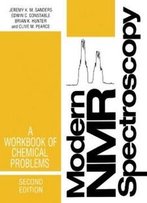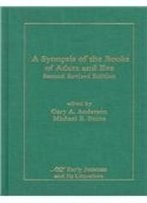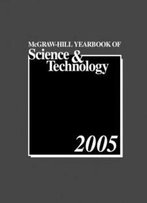
From Morality To Metaphysics: The Theistic Implications Of Our Ethical Commitments
by Angus Ritchie /
2013 / English / PDF
724.5 KB Download
From Morality to Metaphysics
From Morality to Metaphysics offers an argument for the
existence of God, based on our most fundamental moral beliefs.
Angus Ritchie engages with a range of the most significant secular
moral philosophers of our time, and argues that they all face a
common difficulty which only theism can overcome.
offers an argument for the
existence of God, based on our most fundamental moral beliefs.
Angus Ritchie engages with a range of the most significant secular
moral philosophers of our time, and argues that they all face a
common difficulty which only theism can overcome.
The book begins with a defence of the "deliberative
indispensability" of moral realism, arguing that the practical
deliberation human beings engage in on a daily basis only makes
sense if they take themselves to be aiming at an objective truth.
Furthermore, when humans engage in practical deliberation, they
necessarily take their processes of reasoning to have some ability
to track the truth. Ritchie's central argument builds on this
claim, to assert that only theism can adequately explain our
capacity for knowledge of objective moral truths. He demonstrates
that we need an explanation as well as a justification of these
cognitive capacities. Evolutionary biology is not able to generate
the kind of explanation which is required--and, in consequence, all
secular philosophical accounts are forced either to abandon moral
objectivism or to render the human capacity for moral knowledge
inexplicable. This case is illustrated with discussions of a wide
range of moral philosophers including Simon Blackburn, Thomas
Scanlon, Philippa Foot, and John McDowell.
The book begins with a defence of the "deliberative
indispensability" of moral realism, arguing that the practical
deliberation human beings engage in on a daily basis only makes
sense if they take themselves to be aiming at an objective truth.
Furthermore, when humans engage in practical deliberation, they
necessarily take their processes of reasoning to have some ability
to track the truth. Ritchie's central argument builds on this
claim, to assert that only theism can adequately explain our
capacity for knowledge of objective moral truths. He demonstrates
that we need an explanation as well as a justification of these
cognitive capacities. Evolutionary biology is not able to generate
the kind of explanation which is required--and, in consequence, all
secular philosophical accounts are forced either to abandon moral
objectivism or to render the human capacity for moral knowledge
inexplicable. This case is illustrated with discussions of a wide
range of moral philosophers including Simon Blackburn, Thomas
Scanlon, Philippa Foot, and John McDowell.
Ritchie concludes by arguing that only purposive accounts of the
universe (such as theism and Platonism) can account for human moral
knowledge. Among such purposive accounts,
Ritchie concludes by arguing that only purposive accounts of the
universe (such as theism and Platonism) can account for human moral
knowledge. Among such purposive accounts,From Morality to
Metaphysics
From Morality to
Metaphysics makes the case for theism as the most satisfying,
intelligible explanation of our cognitive capacities.
makes the case for theism as the most satisfying,
intelligible explanation of our cognitive capacities.










